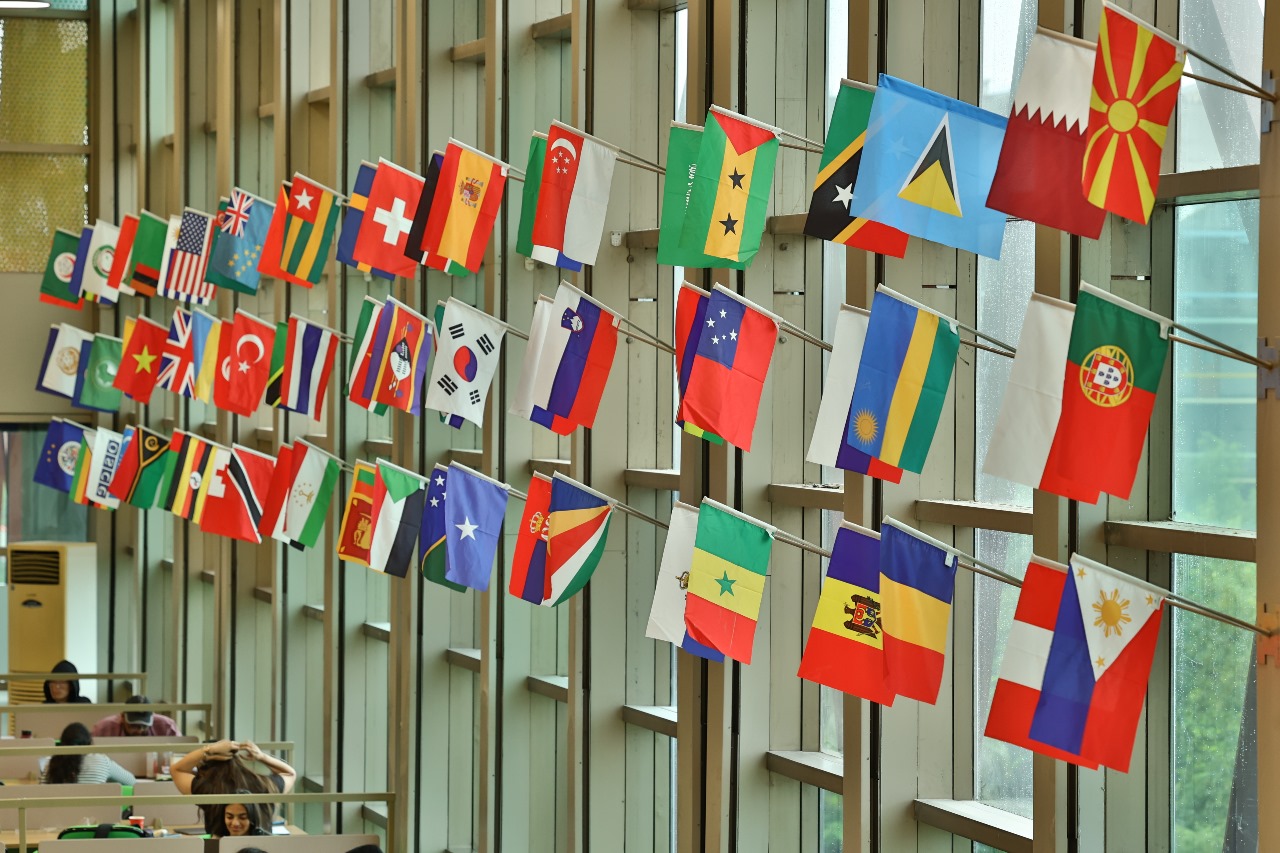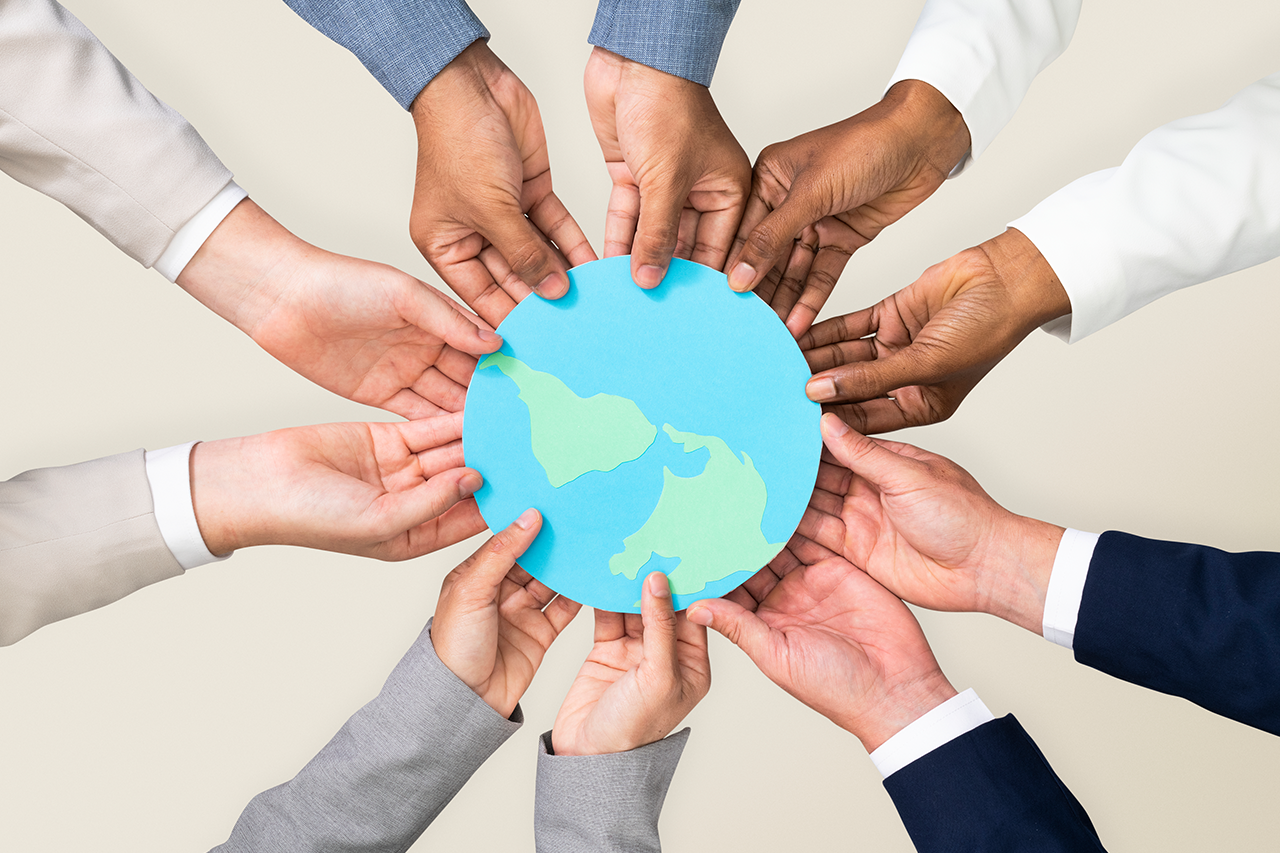The Future of International Relations: Emerging Trends and Key Challenges
November 28, 2024 2025-01-08 11:57The Future of International Relations: Emerging Trends and Key Challenges

The Future of International Relations: Emerging Trends and Key Challenges
 Gone are the days when international relations revolved solely around face-to-face diplomacy between states. Historically, diplomats met behind closed doors to negotiate treaties, resolve conflicts, and forge alliances.
Gone are the days when international relations revolved solely around face-to-face diplomacy between states. Historically, diplomats met behind closed doors to negotiate treaties, resolve conflicts, and forge alliances.
Today, the world is witnessing a seismic shift in how countries communicate and engage with one another. Thanks to the rise of technology, digital diplomacy is happening in real-time—often on social media or virtual platforms—and this transformation is reshaping the field of international relations in ways never seen before.
The trends driving this change come with both immense opportunities and unprecedented challenges.
In the age of smartphones and 24-hour news cycles, diplomacy is no longer hidden behind closed doors. Public-facing platforms like Twitter and Zoom have enabled state actors to broadcast their messages to a global audience instantly.
This shift is reshaping the nature and scope of international relations. On the plus side, real-time diplomacy has democratized communication, allowing smaller nations to assert their interests more visibly. However, with the rise of digital diplomacy comes the risk of misinformation and the misuse of social media.
State actors can manipulate narratives, spread propaganda, and influence public opinion at an unprecedented scale, posing significant challenges to global trust and security.
Along with digital diplomacy comes a new era of cyber threats—espionage, disinformation, and even direct attacks on critical national infrastructure.
Nations like the USA, UK, Russia, and China have become known for their use of cyber tools as instruments of statecraft, turning cyberspace into a new battleground for influence.
If we look at the 2016 U.S. elections being affected by cyber interference or the WannaCry ransomware attack that impacted health and financial systems globally, they show the severity of these threats.
In this rapidly evolving landscape, the need for cybersecurity expertise has never been greater.
The old hierarchy of global power, once dominated by the West, is rapidly crumbling.
Today, countries like China and India are no longer rising powers; they are global players in their own right, with influence stretching across trade, technology, and international governance.
China’s ambitious Belt and Road Initiative (BRI) is redrawing economic maps across Asia, Europe, and Africa, creating both opportunities and challenges for traditional Western-led models of international cooperation.
India, on the other hand, is actively engaging in strategic international partnerships through initiatives such as the International Solar Alliance, reflecting its growing clout in global governance.
This shift is opening new doors for professionals in international relations, where expertise in Asian geopolitics or Africa’s emerging markets will be crucial.
Once hailed as the backbone of global governance, multilateralism is fraying at the edges. The global community now faces what experts are calling “mini-lateralism,” where countries pick and choose when to cooperate based on short-term interests.
For example, regional trade agreements like the Regional Comprehensive Economic Partnership (RCEP) show how countries are moving toward smaller, more focused collaborations, rather than relying on larger institutions like the World Trade Organization (WTO).
Countries are retreating inward, prioritizing domestic needs over global cooperation. As a result, the idea of a unified global response to challenges like climate change or economic inequality seems increasingly remote.
Yet, this does not mean multilateralism is dead; rather, it is being reshaped to fit a world where collaboration is more transactional.
 One area where international cooperation remains vital, yet challenging, is climate diplomacy. Despite decades of efforts to reduce carbon emissions, the reality is stark: global temperatures continue to rise, and the clock is ticking.
One area where international cooperation remains vital, yet challenging, is climate diplomacy. Despite decades of efforts to reduce carbon emissions, the reality is stark: global temperatures continue to rise, and the clock is ticking.
The Paris Agreement stands as a key example of how nations have tried to unite to tackle climate change, but progress has been slow.
The future of climate diplomacy will likely hinge on innovative technologies and public-private partnerships. Nations can no longer tackle this issue alone; they must turn to global businesses, tech firms, and NGOs to find scalable solutions.
For students pursuing a Master’s in International Relations, climate policy has become a cornerstone of the curriculum. Understanding the interplay between environmental concerns and global governance is crucial for those aiming to shape the future of international diplomacy.
Another significant trend in international relations is the rise of non-state actors. From multinational corporations to NGOs, these players wield increasing power in shaping global outcomes.
For instance, tech giants like Google and Meta are pivotal in discussions around privacy, censorship, and cybersecurity.
Meanwhile, environmental organizations such as Greenpeace are at the forefront of pushing nations toward more sustainable policies. This growing influence is transforming the nature and scope of international relations, where power is no longer the exclusive domain of governments.
For professionals interested in diplomacy, the ability to navigate both state and non-state actor dynamics will be critical.
The future of international relations is as exciting as it is rapidly evolving. From digital diplomacy to climate challenges and the rising influence of non-state actors, the field is undergoing a fundamental transformation.
In this new world of fragmented cooperation, cybersecurity threats, and shifting power dynamics, Master’s in International Relations programs—especially in India—are evolving to meet the needs of tomorrow’s diplomats, analysts, and policy experts.
To thrive in this environment, it’s essential to understand these emerging trends and key challenges. Embracing these dynamics will not only help individuals navigate their career paths but also shape the future of global politics.
Related Posts
Search
Categories
Popular Tags
Popular tags


